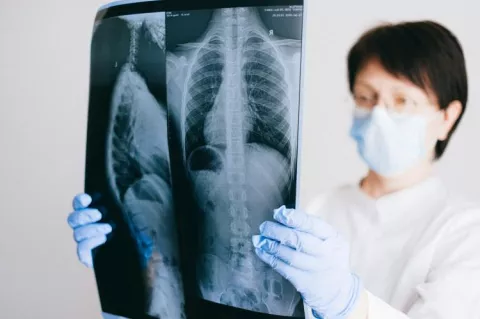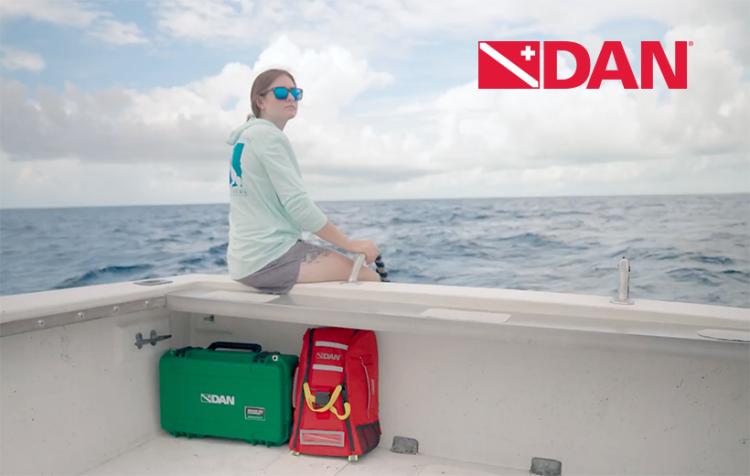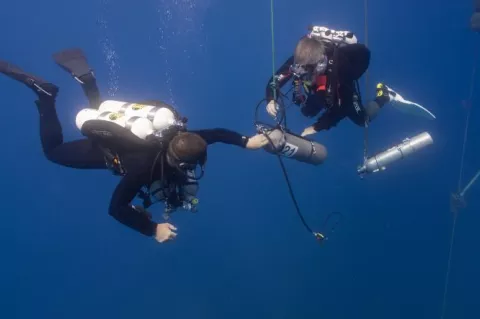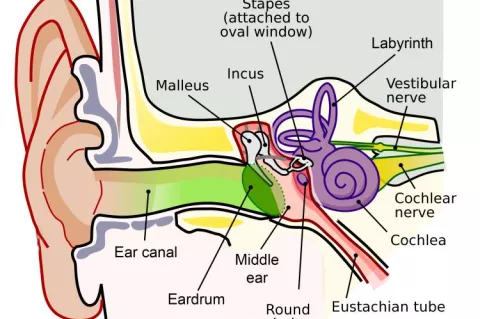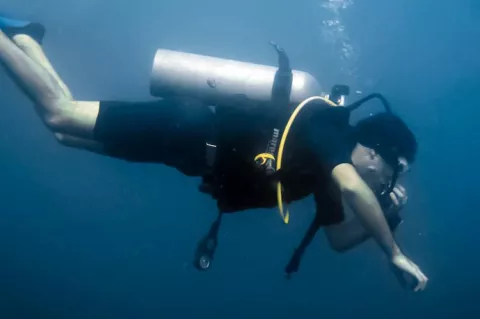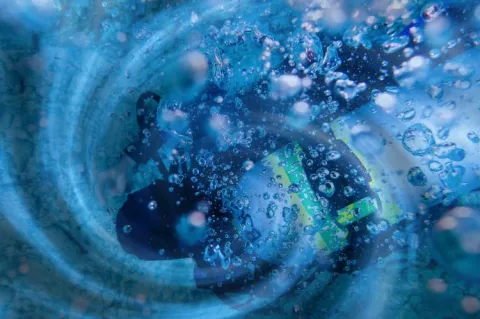‘Health of Divers’ study into lungs ask for your help
Having healthy lungs is an essential and important part of good diving and never more so since the outbreak of COVID-19.
In this study which is all about you and your lungs, DDRC wants to focus on Vaping, Asthma, IPO (Immersion Pulmonary Oedema) and COVID-19.
For those of you who have taken part in their studies before you will know that there will also be the usual general health questions and the diving demographic questions too.

